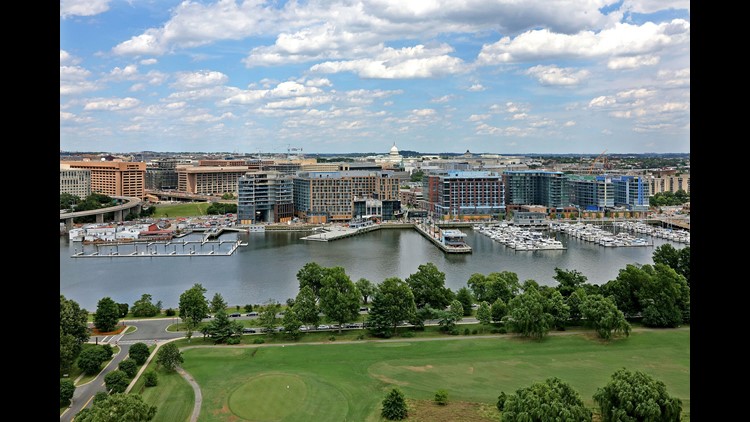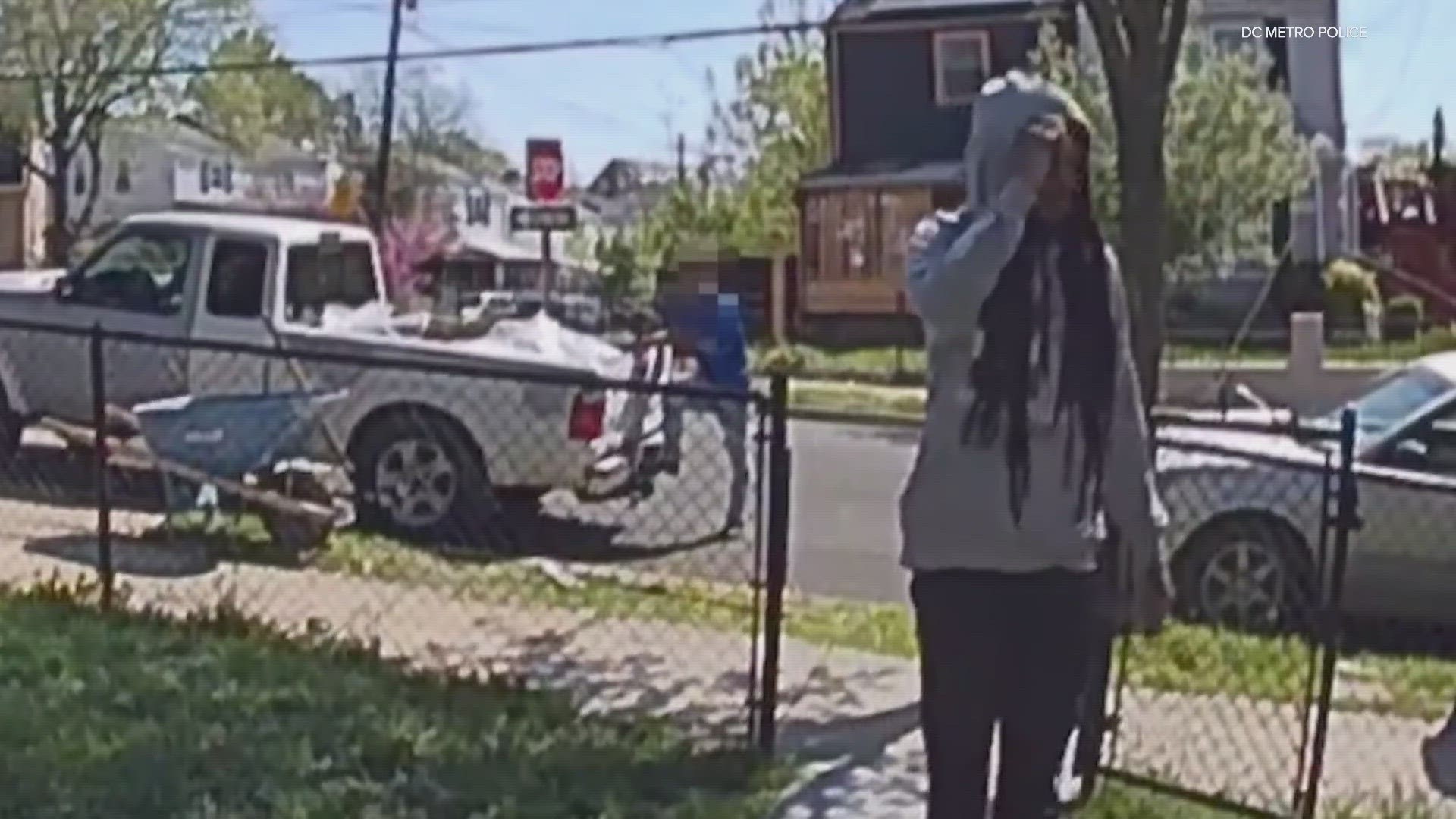Don Denton is a realtor and has been managing Coldwell Banker Capitol Hill office since 1979.
Denton spoke with WUSA9's Special Assignment Unit about how gentrification is impacting DC's neighborhoods. He gave Reporter Delia Goncalves some insight on the changing face of the city.
Delia Goncalves: You say neighborhoods where some people wouldn’t think to buy in 15 years ago, but now it’s exploding. What’s the cause? Why do you think that’s happening?
Don Denton: Kids who grew up in the suburbs and out in the country, they want to live where their jobs are and where the nightlife is, the entertainment is, where the activity is. And, that’s pretty much in the city, inside the beltway, and they don’t want to live outside the beltway. These people are putting a lot of pressure on our marketplace.
We’ve got another growing trend, a rapidly growing trend of parents. Example is over on Independence Avenue, we sold a nice property to a couple from Connecticut. Their daughter, son-in-law and their children were living here on Capitol Hill, and they were retiring and wanted to be close to them as they grow up. And, there are seven or eight of them I can count in the last month. They’re taking their retirement money and instead of going to Boca Raton they’re coming to Capitol Hill.
DG: You say this is supply and demand.
DD: That’s all it is. It’s all supply and demand. And, when the supply gets smaller and the demand keeps growing, the prices go up. People start stretching and going into neighborhoods they might not have looked at before. You know, we talk about Fort Davis, Fort Dupont... we’ve seen some really nice sales there in the last few months. It’s all because they’re affordable and that’s kind of one the last bastions where you can buy an affordable nice house in the District of Columbia.
DG: What some find affordable, a good segment of our population is being priced out.
DD: Absolutely. Sale prices go up, rental prices go up. Rental prices go up because of the demand. They also go up because a lot of times an area will change. Capitol Hill was the same way. A lot of things that were being used as rental properties go off the market and they’re bought by owner occupants. I can put 50 rental properties on the market tomorrow, single-family, 49 of them, if not 50 would go to owner occupants. So, there are 50 properties off the market.
Capitol Hill after the ’68 riots, guys were walking around with bags of money buying properties for almost nothing. They weren’t buying them to live in. They were buying them as investment properties. And some of these guys might have two, three, four hundred single family homes that they kept over a period of 30 years. And, they didn’t put a whole lot of money in them, usually, they were rundown, but they were cheap. When markets heat up, they can get a really good return on their investment or they die and their estate sells them or capital gains shifts and they can sell them, they go off the market. They’re gone forever.
DG: Since we’re here on Capitol Hill and I recently did a story on Frager’s, residents I’ve talked to say the quaintness of Capitol Hill is changing. They say the older homes are still here, but with the condos comes some whitewashing of our neighborhood.
DD: Sure, but you’re getting younger people usually in those condos. You’re getting condos. Behind you is the Hine Junior High site. Hine was 40-50 percent occupied when they closed it. That entire square was a dead spot. Now there’s a Trader Joe’s there. There’s a strip of commercial spaces which I’m sure will include a couple of restaurants. There’s a bunch of new office spaces which puts office people on the street during the day that can help support our restaurants. They just don’t open up at 5 p.m. They’re paying bills all around the clock. So, it makes a lot more things like that more viable. But, you know, I don’t want live in a neighborhood where everybody looks like me. They’re older. They’re white and there’s no life around me.
DG: What do you think when people do embrace the term gentrification and define it as people who move into the neighborhood, but want to take over the neighborhood -- don’t recognize or appreciate the culture that made it appealing in the first place?
DD: Right now, I don’t see anything on the horizon that can slow this thing down. You go to Boston, New York City, Philadelphia, Baltimore, unfortunately not as much, Washington, DC, all those inner cities which were dying 20 years ago are thriving now. They can’t build them fast enough. They can’t make enough room for this population that would rather live here than way outside of the Beltway in 5,000-square-feet with a swimming pool. They want to be here in a 1,000-foot condo where they can get out and walk to a ballgame.
DG: Moving with the changing times, we keep our city alive.
DD: Absolutely! If you don’t, and a lot of population abandons it like it did in the late ‘60s, you’ve got a problem.



